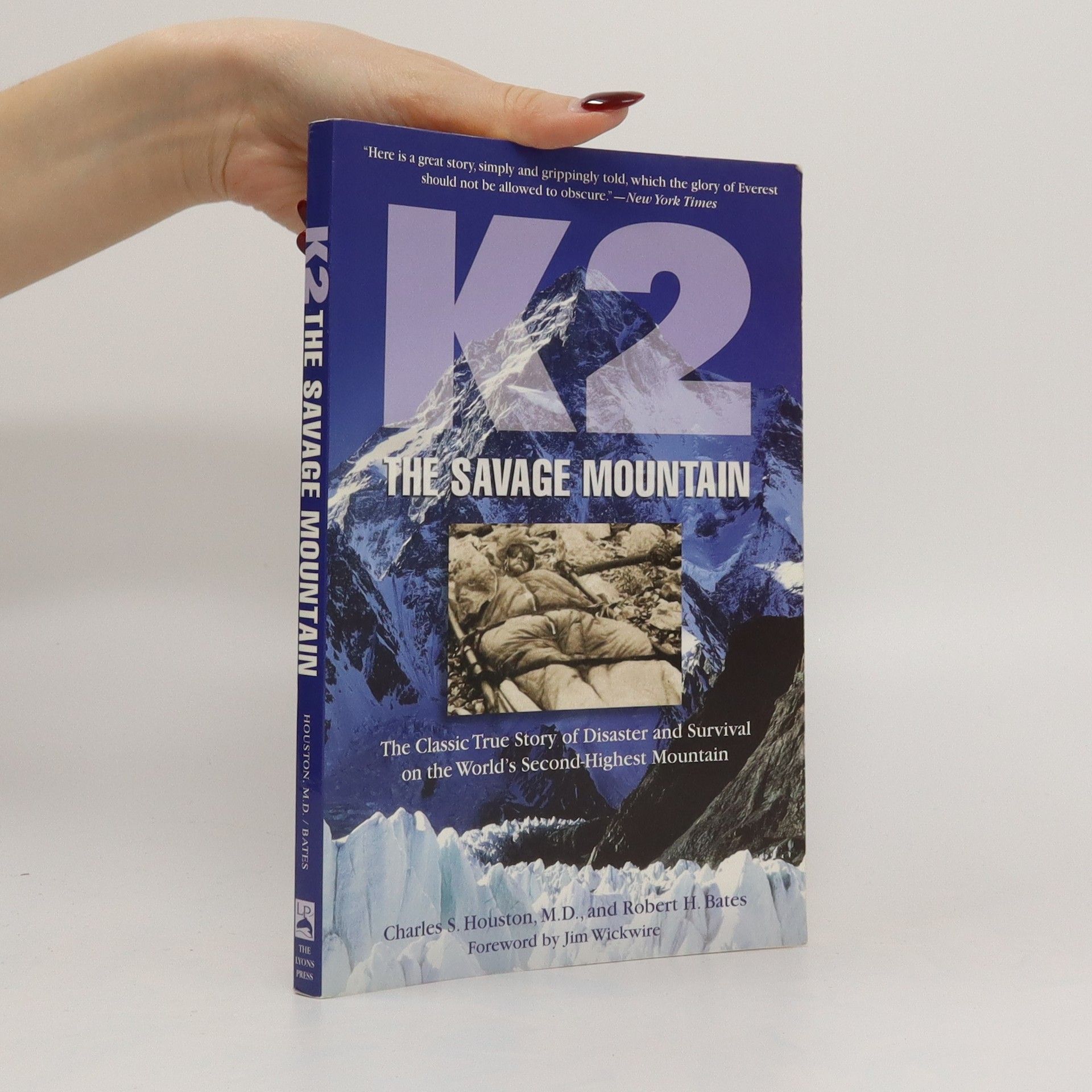The Eden-Atlantis Project
- 108 pages
- 4 hours of reading
Plato's legendary account of a sunken island civilization called Atlantis has fascinated adventurers for centuries. Recent efforts to find Plato's lost island have culminated in two exciting underwater surveys in the Eastern Mediterranean that were staged in 2004 and 2006 both of which uncovered tantalizing evidence that strongly merits additional inquiry. In this color-illustrated book, Commodore Robert S. Bates sifts through the acquired evidence and argues that our search for Atlantis or what some call Eden may now be narrowed to a sunken continent adjacent to Cyprus that geologists located decades ago. The History Channel funded and filmed the second expedition to this site, but you will learn in this book why a third expedition may now be warranted. In recognition of the likely confluence of the two great legends of Atlantis and Eden, Bates calls the ongoing research into this sunken land the Eden-Atlantis Project. This short book offers you a thorough review of the recently obtained archeological evidence pointing to an Eastern Mediterranean location for Eden-Atlantis. It also links these new scientific facts with the historical evidence that a proto-civilization may have preceded the known civilizations of the ancient Near East. This edition is a reprinting of the second edition (9780578527659) published in March 2020.


